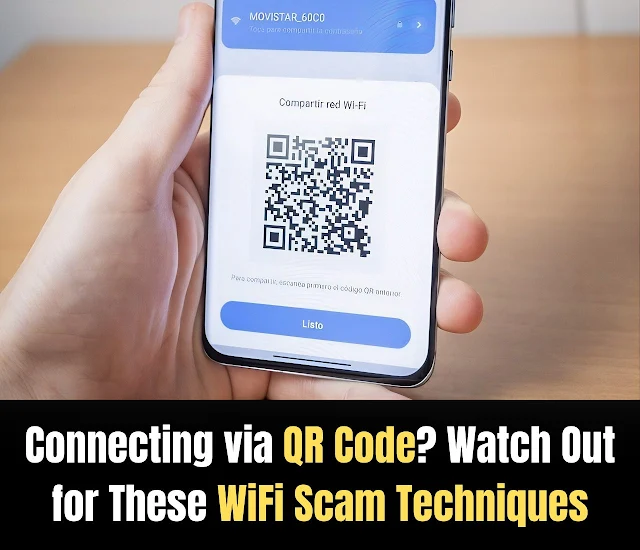QR codes have become a ubiquitous way to easily connect to public WiFi networks. However, this convenience comes with risks. Cybercriminals have increasingly used fake QR codes to scam users and steal sensitive information. It's important to be aware of the techniques scammers use in order to protect yourself.
QR phishing, also called "Qishing", involves creating fraudulent QR codes that redirect users to malicious websites instead of legitimate WiFi networks. These websites may try to trick you into downloading malware, providing personal details, or making payments. Be wary of any QR codes found in public locations like coffee shops, as criminals have been known to plant fake codes in popular areas.
Malicious QR codes may also link to trojan apps or sites requesting dangerous device permissions. Gaining these permissions could allow hackers full access to control and see everything on your phone or computer. Never install or sign into apps you did not intentionally seek out yourself.
Even QR codes for familiar brands are not foolproof criminals have hacked genuine QR codes on items like tourist brochures and restaurant menus. Always verify the website address matches where the QR was supposedly leading before entering any sensitive information.
Protect yourself by only scanning QR codes from trusted sources you know. Consider alternative connection methods on unfamiliar public networks. Make sure your devices run updated antivirus software to scan for malware downloaded through rogue QR clicks. Staying cyber-aware is key to avoiding the techniques scammers use to harm users through QR and WiFi.

